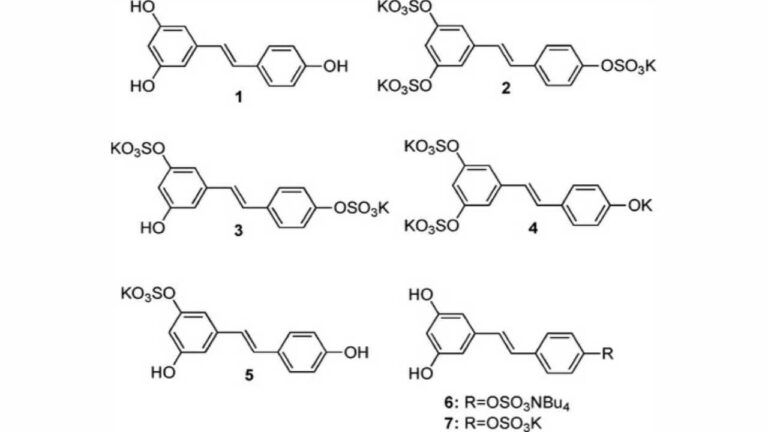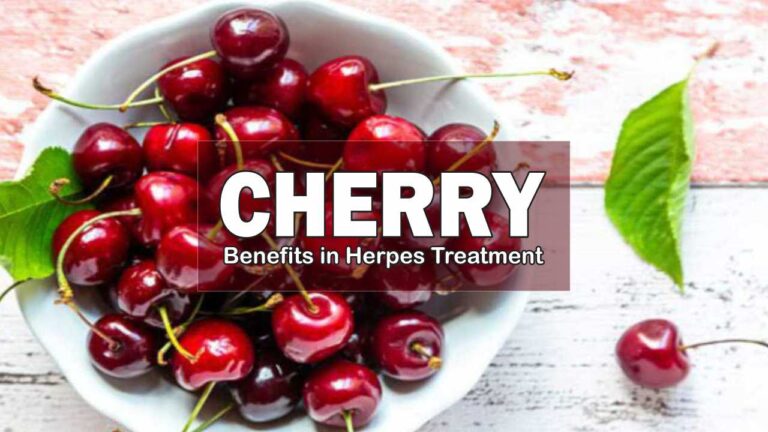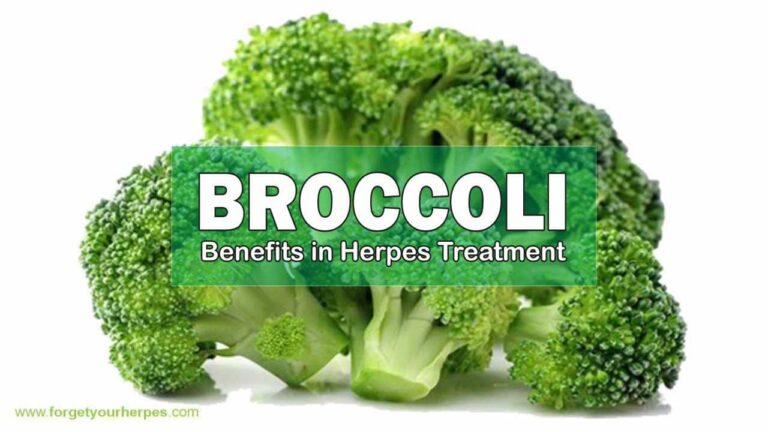Oranges are a popular citrus fruit known for their high concentration of vitamin C. However, in addition to being rich in vitamin C, oranges are also rich in other nutrients beneficial for the treatment of herpes and overall health, including antioxidants, flavonoids, and folic acid.

Research on Orange in the Treatment of Herpes
There have been several studies conducted on the potential benefits of oranges in the treatment of herpes.
In one study published in the Journal of Medical Virology, researchers found that orange juice was able to reduce the replication of herpes simplex virus type 1 (HSV-1) in infected cells. The researchers believe that the high levels of flavonoids in oranges may be responsible for this effect.
Another study, conducted in Australia, found that a diet high in vitamin C, such as that found in oranges, may help to reduce the incidence of genital herpes in women. The study found that women who consumed more vitamin C were less likely to contract the herpes simplex virus type 2 (HSV-2) than those who consumed less.
A third study, published in the journal Biochemical Pharmacology, found that a compound in oranges called hesperidin was able to inhibit the replication of the herpes simplex virus in infected cells. The researchers suggest that hesperidin may be a potential treatment for herpes in the future.
Orange Benefits in Herpes Treatment
Oranges offer several benefits in the treatment of herpes. Here are some of the most significant benefits:
Antiviral properties
Oranges contain natural compounds that have antiviral properties, such as flavonoids and hesperidin. These compounds have been shown to inhibit the replication of the herpes simplex virus, which is the virus responsible for causing herpes.
Immune system support
Oranges are a rich source of vitamin C, which is essential for a healthy immune system. Vitamin C is known to help the body fight off infections and support the healing process.
Reduces inflammation
The high levels of vitamin C in oranges can also help to reduce inflammation in the body. Inflammation is a common symptom of herpes outbreaks, and reducing it can help to alleviate discomfort and speed up the healing process.
Promotes collagen production
Oranges are also a good source of vitamin A, which plays a role in the production of collagen. Collagen is important for maintaining healthy skin, which can be particularly beneficial during herpes outbreaks.
Nutrient-rich
Oranges are a nutrient-rich fruit, containing a variety of vitamins and minerals, including folate, potassium, and thiamine. These nutrients can help to support overall health and wellbeing, which is especially important when dealing with a viral infection such as herpes.
Overall, incorporating oranges into a herpes treatment regimen can offer several benefits, including antiviral properties, immune system support, inflammation reduction, collagen production, and a variety of essential nutrients.
Main Nutrients in Orange
The nutritional content of an orange can vary depending on its size, but on average, a medium-sized orange (approximately 131 grams) contains:
| Nutrient | Amount | % Daily Value |
|---|---|---|
| Calories | 47 kcal | — |
| Carbohydrates | 11.75 g | 4% |
| – Sugars | 9.35 g | — |
| – Fiber | 2.4 g | 9% |
| Protein | 0.94 g | 2% |
| Fat | 0.12 g | — |
| – Saturated | 0.018 g | — |
| – Monounsaturated | 0.027 g | — |
| – Polyunsaturated | 0.045 g | — |
| Vitamin A | 225 IU | 5% |
| Vitamin C | 53.2 mg | 59% |
| Vitamin D | 0 IU | — |
| Vitamin E | 0.18 mg | 1% |
| Vitamin K | 0.0 mcg | — |
| Thiamin (B1) | 0.087 mg | 7% |
| Riboflavin (B2) | 0.04 mg | 3% |
| Niacin (B3) | 0.282 mg | 2% |
| Vitamin B6 | 0.06 mg | 5% |
| Folate | 30 mcg | 8% |
| Vitamin B12 | 0.00 mcg | — |
| Pantothenic acid (B5) | 0.250 mg | 5% |
| Choline | 8.4 mg | 2% |
| Calcium | 43 mg | 3% |
| Iron | 0.10 mg | 1% |
| Magnesium | 10 mg | 2% |
| Phosphorus | 18 mg | 3% |
| Potassium | 181 mg | 4% |
| Sodium | 0 mg | — |
| Zinc | 0.07 mg | 1% |
| Copper | 0.045 mg | 5% |
| Manganese | 0.025 mg | 1% |
| Selenium | 0.1 mcg | 0% |
How to include Orange in your diet to treatment of Herpes
Including oranges in your diet can be a beneficial way to support the treatment of herpes. Here are some tips on how to incorporate oranges into your daily diet:
Eat fresh oranges
Eating whole, fresh oranges is the best way to obtain all the nutrients and benefits that oranges offer. Try eating an orange as a snack or adding it to your breakfast.
Drink orange juice
Freshly squeezed orange juice is a great way to consume vitamin C and other nutrients that can support the immune system. Just be mindful of the sugar content and choose juice that is 100% pure.
Add oranges to salads
Sliced or diced oranges make a delicious addition to any salad. They can add a sweet and tangy flavor that pairs well with many different ingredients.
Make orange smoothies
Adding fresh oranges to a smoothie is an easy way to boost your intake of vitamin C and other nutrients. Try blending oranges with other fruits, such as strawberries or blueberries, for a delicious and nutritious smoothie.
Use orange zest
Orange zest, the outer layer of the orange peel, contains essential oils that are rich in nutrients and antioxidants. Use a zester or a grater to add orange zest to dishes such as salads, yogurt, or baked goods.
Natural Supplements
Including a supplement that contains all the nutrients from orange can be a practical and quick option if you don’t have much time to prepare your food.
Overall, including fresh oranges in your diet is a simple and delicious way to support the treatment of herpes and promote overall health and wellbeing.
Summary
Oranges can be a valuable addition to the diet of people with herpes. The high concentration of vitamin C, antioxidants, flavonoids, and other nutrients found in oranges can support the immune system and help manage symptoms of herpes.




